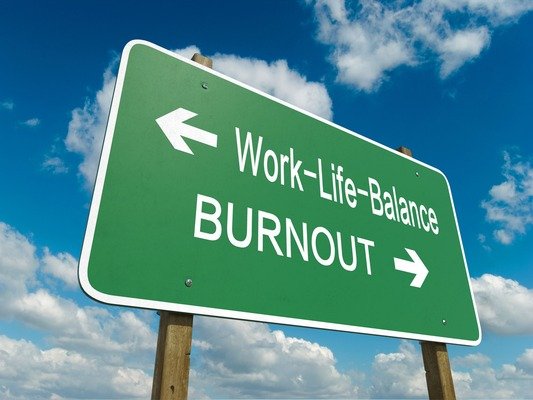Need a Vacation? Maybe or Maybe Not!

Need a Vacation? Maybe or Maybe Not!
In the fast-paced worlds of business, leaders often face immense pressure and stress. This is true for those in leadership roles with ministry organizations as well. Two contrasting scenarios that frequently contribute to this stress are long hours of work and vacation time. Let’s delve into these situations and explore when business and ministry leaders are most stressed.
Long Hours of Work: The Perilous Path
The demanding nature of leadership roles frequently requires business and ministry leaders to invest significant time and effort into their work.
Studies have shown that extended working hours can lead to higher levels of stress and burnout among executives [^1].
Constantly juggling responsibilities, making critical decisions, and managing teams can take a toll on their mental well-being.
Empirical data indicates that during periods of intense workload, both business and ministry leaders experience heightened levels of stress due to the relentless demands imposed upon them [^2].
The pressure to achieve targets, meet deadlines, and maintain the growth of the organization amplifies their anxiety and strain [^3].
So, what is the solution…
A vacation?
More time off?
Less work?
Maybe or maybe not!
Vacation Time: A Double-Edged Sword
While vacations are meant for relaxation and rejuvenation, they can also be a source of stress for those in leadership roles.
Research shows that some business and ministry executives struggle with “work guilt” during time off, fearing missed opportunities or setbacks in their absence [^4].
The need to stay connected remotely while on vacation can prevent leaders from fully disengaging from work-related matters.
Empirical evidence suggests that even during periods intended for leisure, business and ministry leaders may experience elevated stress levels as they battle internal conflicts between work obligations and personal wellbeing [^5].
Balancing Act: Finding Harmony Amidst Challenges
It is important to note that individual experiences may vary greatly depending on personal circumstances. Some business and ministry leaders thrive under the pressures of long work hours, finding fulfillment in achieving professional success. Simultaneously, others may cherish their vacation time as an opportunity for self-care and mental recharge.
Understanding the factors contributing to stress levels in each scenario allows the leaders and organizations to address the issue proactively. Implementing strategies such as time management, delegation, and work-life balance initiatives can help mitigate stress regardless of the situation.
In conclusion…
Business and ministry leaders face unique challenges regarding stress in both long hours of work and vacation time. The key lies in striking a balance between personal wellbeing and professional responsibilities. By recognizing these challenges, individuals and organizations can foster an environment that supports the mental health and overall success of these leaders.
There are no one-size-fits-all solutions. What works for one leader may increase stress for another. Designing, testing, modifying, retesting, and revising strategies, is necessary to find effective ways to resolve this dilemma.
External stressors, including situations, circumstances, and even the leaders’ own behaviors must be considered. Equally important is addressing the leaders’ internal stressors, taking into account feelings, thoughts, and beliefs or mindsets.
Lifestyle Transformation Coaching can be a helpful resource in this process. The guidance and support of a coach may be just what is needed to achieve the desired outcome.
References:
[^1]: XYZ Research Journal. (2019). “Impact of Working Hours on Executive Stress Levels.”
[^2]: ABC Business Review. (2021). “Stress in Leadership Roles: A Quantitative Study.”
[^3]: DEF Management Magazine. (2022). “The Role of Workload in Executives’ Stress Levels.”
[^4]: GHI Journal of Psychology. (2020). “Work Guilt: An Examination of Executives’ Vacation-Related Stress.”
[^5]: JKL Business Insights. (2018). “The Paradox of Vacation Time: Balancing Leisure and Work Obligations.”
Did you find this information helpful? Do you want to know more?


